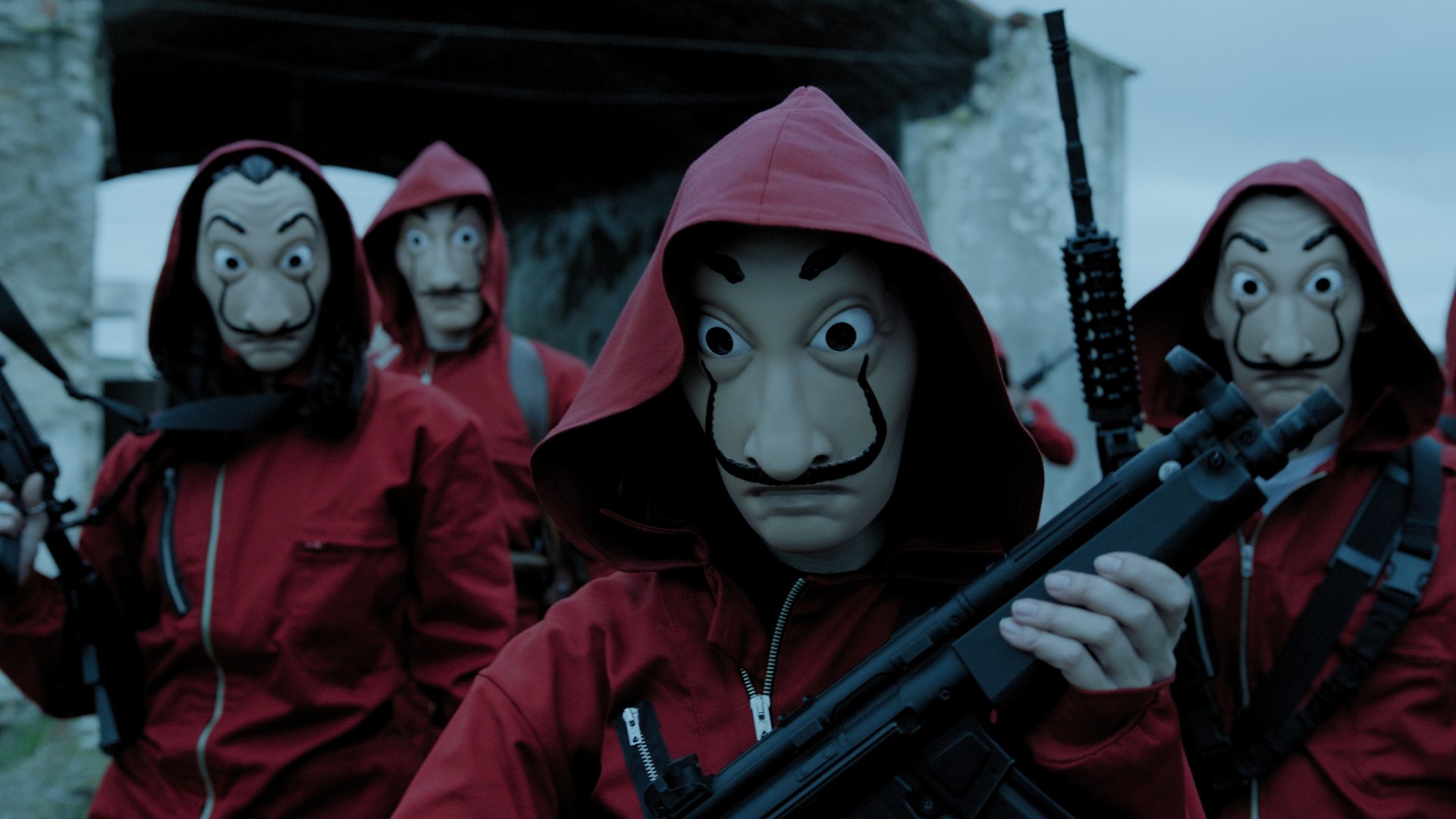Una mattina mi son alzato, o bella ciao, bella ciao, bella ciao ciao ciao! Una mattina mi son alzato e ho trovato l'invasor.
"Bella ciao" one of moust popular songs
"Goodbye beautiful") is an Italian protest folk song that originated in the hardships of the mondina women, the paddy field workers in the late 19th century who sang it to protest against harsh working conditions in the paddy fields of North Italy. The song was modified and adopted as an anthem of the anti-fascist resistance by the Italian partisans between 1943 and 1945 during the Italian Resistance, the resistance of Italian partisans against the Nazi German forces occupying Italy, during the Italian Civil War, and the Italian partisan struggle against the fascist Italian Social Republic and its Nazi German allies. Versions of "Bella ciao" are sung worldwide as an anti-fascist hymn of freedom and resistance.
Bella Ciao" was originally sung as "Alla mattina appena alzata" by seasonal workers of paddy fields of rice, especially in Italy's Po Valley from the late 19th century to the first half of the 20th century with different lyrics.[1] They worked at monda (weeding) the rice fields in northern Italy, to help the healthy growth of young rice plants. It took place during the flooding of the fields, from the end of April to the beginning of June every year, during which the delicate shoots needed to be protected, during the first stages of their development, from temperature differences between the day and the night. It consisted of two phases: transplanting the plants and pruning the weeds.
Monda was an extremely tiring task, carried out mostly by women known as mondinas, from the poorest social classes. They would spend their workdays with their bare feet in water up to their knees, and their back bent for many hours. The atrocious working conditions, long hours and very low pay led to constant dissatisfaction and led, at times, to rebellious movements and riots in the early years of the twentieth century. The struggles against the supervising padroni was even harder, with plenty of clandestine workers ready to compromise even further the already low wages just to get work. Besides "Bella ciao", similar songs by the mondina women included "Sciur padrun da li beli braghi bianchi" and "Se otto ore vi sembran poche".
Other similar versions of the antecedents of "Bella ciao" appeared over the years, indicating that "Alla mattina appena alzata" must have been composed in the latter half of the 19th century.[2] The earliest written version is dated 1906 and comes from near Vercelli, Piedmont.
"Bella ciao" was revived by the anti-fascist resistance movement in Italy between 1943 and 1945, with modified lyrics.[4] The author of the lyrics is unknown.
In 2015, the song was banned in some municipalities of Northern Italy, ruled by the right-wing League Italian lyrics(Partisan version):-Una mattina mi son alzato, o bella ciao, bella ciao, bella ciao ciao ciao! Una mattina mi son alzato e ho trovato l'invasor.
O partigiano portami via, o bella ciao, bella ciao, bella ciao ciao ciao o partigiano portami via che mi sento di morir.
E se io muoio da partigiano, o bella ciao, bella ciao, bella ciao ciao ciao, e se io muoio da partigiano tu mi devi seppellir.
Seppellire lassù in montagna, o bella ciao, bella ciao, bella ciao ciao ciao, seppellire lassù in montagna sotto l'ombra di un bel fior.
E le genti che passeranno, o bella ciao, bella ciao, bella ciao ciao ciao, e le genti che passeranno mi diranno «che bel fior.»
Questo è il fiore del partigiano, o bella ciao, bella ciao, bella ciao ciao ciao, questo è il fiore del partigiano morto per la libertà
English translation(Partisan version):-
One morning I awakened, oh bella ciao, bella ciao, bella ciao, ciao, ciao! (Goodbye beautiful) One morning I awakened And I found the invader.Oh partisan carry me away, oh bella ciao, bella ciao, bella ciao, ciao, ciao oh partisan carry me away Because I feel death approaching.
And if I die as a partisan, oh bella ciao, bella ciao, bella ciao, ciao, ciao and if I die as a partisan then you must bury me.
Bury me up in the mountain, oh bella ciao, bella ciao, bella ciao, ciao, ciao bury me up in the mountain under the shade of a beautiful flower.
And all those who shall pass, oh bella ciao, bella ciao, bella ciao, ciao, ciao and all those who shall pass will tell me "what a beautiful flower."
This is the flower of the partisan, oh bella ciao, bella ciao, bella ciao, ciao, ciao this is the flower of the partisan who died for freedom





